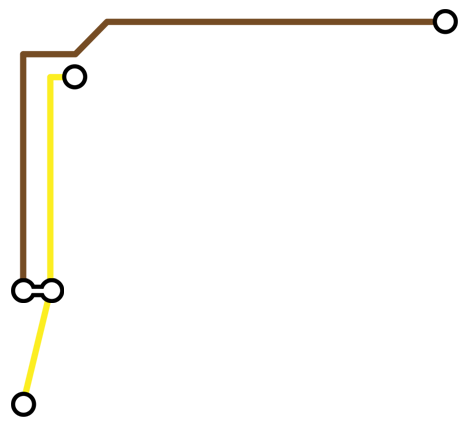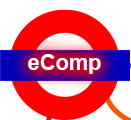In the fall of 2012, two of the authors of this article began designing a program called eComp (Electronic Composition) that would encourage undergraduate composition students to develop twenty-first century literacies in a fully online environment. The program started small, focusing on redesigning sections of English 102, the second course in the first-year writing sequence at the University of New Mexico (UNM). In these courses, students develop multimodal projects, learning to compose within media beyond traditional text-based essays and choosing their media according to the audience and purpose of the text. Such skills ensure that students will be successful communicators in the twenty-first century after they leave academia, regardless of their profession (Takayoshi & Selfe, 2007). In each of the courses, students develop three projects and an electronic portfolio that demonstrates their learning and what Kathleen Blake Yancey (2004) called “circulation,” or the students’ understanding of how their learning and writing can be different, but still useful, in various contexts (p. 313).
One integral component of our program is the inclusion of graduate students as instructors, to which we provide extensive training. All graduate students who wish to teach an online section of eComp must either work in the model as an Instructional Assistant (IA) or take a multimodal and online pedagogies seminar. The first method requires that graduate students work as tutors within courses taught by experienced online instructors. The Instructional Assistants, as we call them, facilitate online conversations in the discussion boards, help instructors update the gradebook, and—most importantly—provide students feedback on drafts of their written and multimodal projects. Essentially, the IAs offer valuable assistance to the students in the online courses while also gaining hands-on experience in teaching online. If they haven’t taught online before, this experience allows them to become familiar with the online environment without the pressure of teaching their own courses.
The second method of providing development opportunities for future online instructors is a graduate seminar that focuses on multimodal and online pedagogies. Graduate students have the opportunity to take this course while simultaneously teaching a first-year eComp class where they are paired with an experienced instructor. Much like a new TA taking a teaching practicum while teaching for the first time, this allows students to gain practice while learning the theory of online pedagogy. However, this model is slightly different than the typical TA practicum method because the graduate student instructors are paired with an experienced instructor, offering a team-teaching experience. The TA might have her own section, but her students will be in the same online shell as the experienced teacher. Perhaps more importantly, the course shell, or virtual classroom, is already developed for her, which allows her to learn best practices of designing and managing a course before developing her own. Therefore, the TA teaches an established class and has an experienced instructor to turn to for help, all while taking a seminar exposing her to theoretical perspectives. One of the course requirements is for the TAs to build their own shells using the learning management system (LMS). After that initial semester paired with a more experienced instructor, the TA has designed her own course and can teach it on her own—and perhaps eventually become the experienced instructor that future TAs taking the course are paired with.
We have found these training methods to be effective and educational for the graduate students at our institution. In addition, this process provides valuable professional development opportunities during the TAs’ graduate education—both in and outside the realm of teaching online. While professional development exists for graduate students at many universities across the country, very few institutions offer OWI training—professional development that is becoming increasingly important for future educators. More often, if TAs have the opportunity to teach online at all, this experience is rarely accompanied by education and mentoring from experienced instructors. Our goal with eComp is ultimately to provide pedagogically sound online courses for our undergraduate students while at the same time providing our instructors with the training they need to be effective online teachers.
Reflections in Online Writing Instruction:
Pathways to Professional Development
Pathways to Professional Development

eComp: An Online First-Year Writing Program























